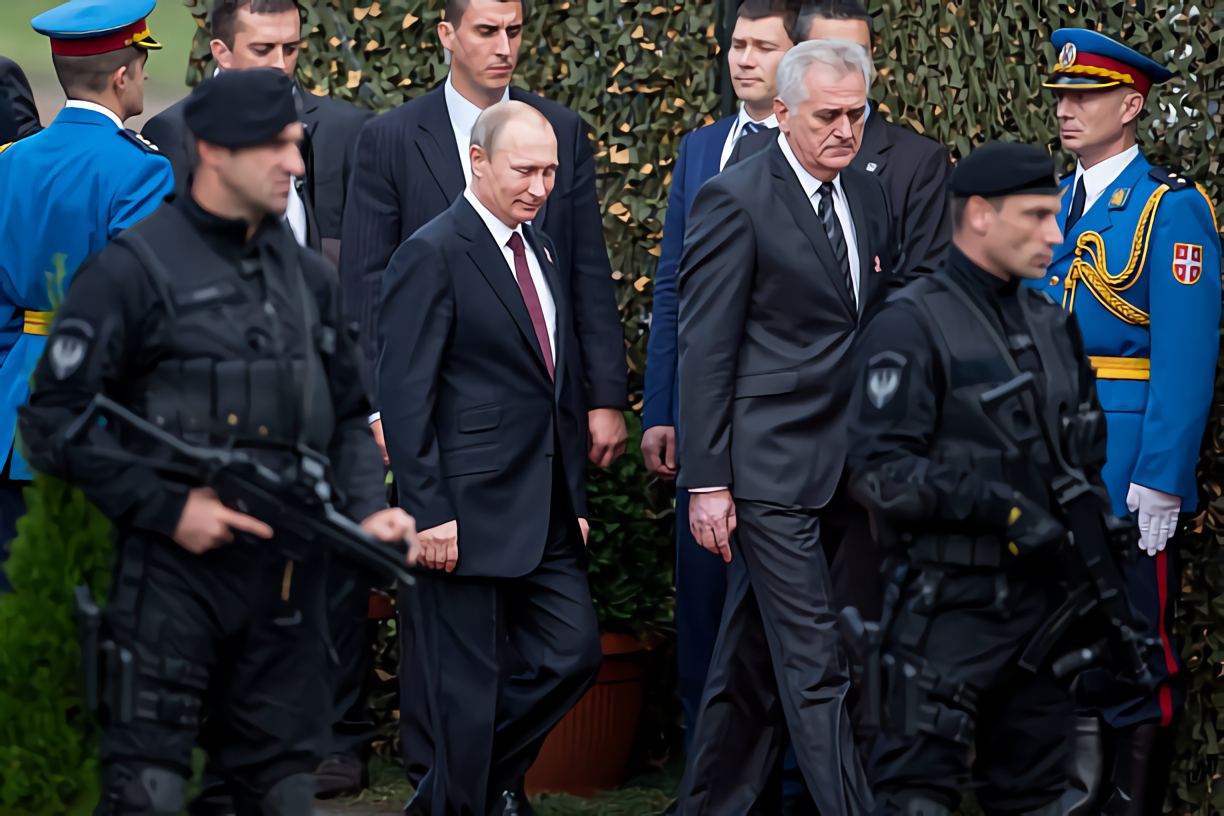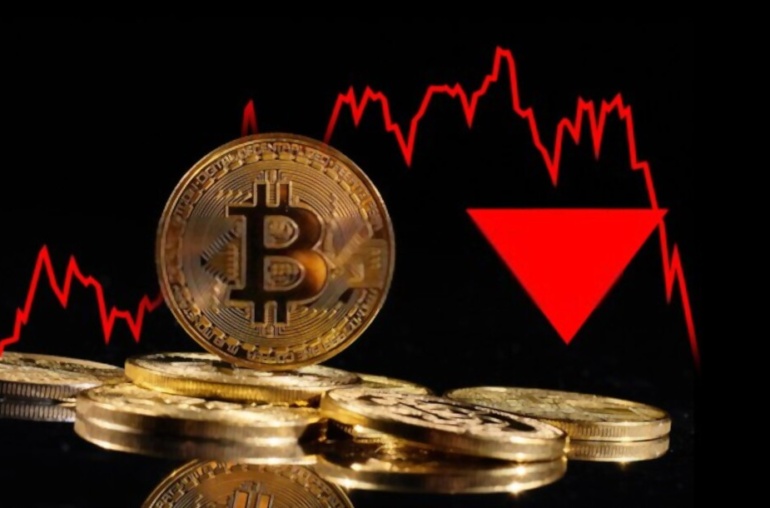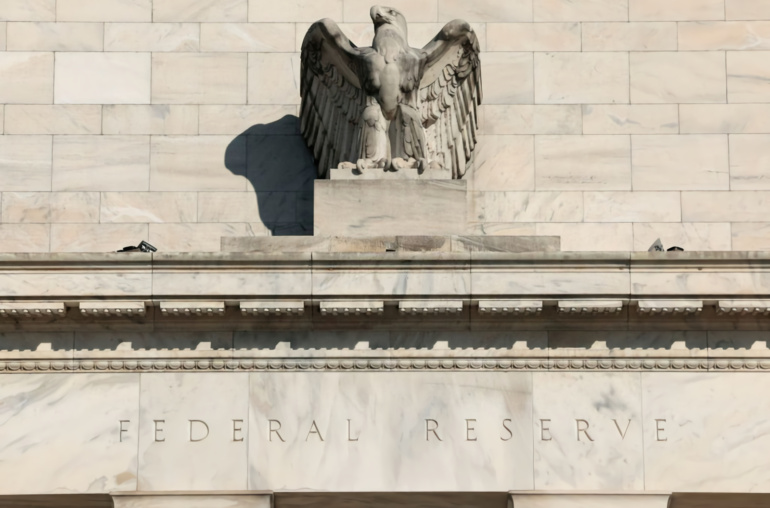
After it invaded Ukraine, Russia kicks back following sanctions meted out by the West and Europe.
President of Russia, Vladimir Putin, yesterday revealed a new decree mandating that all foreign purchases of Russian gas be made in Rubles. The new law comes into effect today, April 1, with contracts of defaulting countries set to be halted if they do not comply.
With Russia supplying a third of Europe’s gas needs, it has become a powerful leverage for Putin. One he is now wielding as he wrestles sanctions meted on the Kremlin following its invasion of Ukraine. Putin made the remarks at a televised event. He said,
“In order to purchase Russian natural gas, they must open ruble accounts in Russian banks. It is from these accounts that payments will be made for gas delivered starting from tomorrow. If such payments are not made, we will consider this a default on the part of buyers, with all the ensuing consequences. Nobody sells us anything for free, and we are not going to do charity either – that is, existing contracts will be stopped.”
Ruble Reacts Positively To The New Decree
The new move is to bolster the Russian ruble, which severely plummeted after sanctions were meted out on Moscow. With the new decree, members of the European Union, United Kingdom, Canada, Japan, Switzerland, Ukraine, and the United States, who have imposed sanctions on Russia, will have to buy rubles with their euros or US dollars. The payments would be made at rates set out by the Kremlin’s central bank.
The expected growth in demand for the Ruble has already led to a positive reaction from the currency. The ruble crashed almost 90% at the start of the invasion, falling from 76 to 139 to the dollar, recorded on March 7. Since then, the Ruble has performed admirably, regaining most of its losses and becoming the best performing currency globally in March.

Source: Yahoo Finance
Before Putin’s announcement, the ruble was already trading at 83 to the dollar, merely a 10% difference from pre-invasion levels. It appreciated further after the announcement, but compliance with the rule will see further gains for Russia’s local currency.
The strong performance of the Russian Ruble has led to questions over the effectiveness of sanctions placed on Russia. Countries affected by Putin’s ruling have rejected the demands in a countermove, citing it as a breach of existing contracts. France’s economy minister said France and Germany were preparing for a possible scenario in which Russian gas flows could be halted. This would effectively plunge Europe into a full-blown energy crisis.
Latest Move Comes After Russia Explored Cryptocurrencies To Escape Sanctions
The new Putin decree is Russia’s latest effort to combat sanctions after exploring the use of cryptocurrencies early on. Moscow’s elite had turned to digital assets as sanctions poured in amid fears that Russia would nationalise foreign assets.
The early move and increased demand for digital assets saw a corresponding spike in the volume of the ruble. The BTC-RUB saw its average trade size reaching a ten-month high amid the conflict. It reached an all-time high of $830 before plummeting to $401.
In conclusion, the ongoing situation raises doubt about the suitability of the US dollar as the global reserve currency. Since the end of the second world war, it has held the mantle and has been relatively unchallenged over the past 20 years.
With Russia now allying with China, they pose a significant threat to the US dollar’s hegemony over international transactions. Therefore, it is paramount that a more suitable and globally accepted reserve be chosen as a reserve currency. Cryptocurrencies can also be explored as another convenient option due to their comparative advantages.
Do you think Russia would be successful in its attempts to fight back sanctions imposed on her? Let us know your thoughts in the comments below.

Chris is a crypto enthusiast and a firm believer in the blockchain’s ability to create a new financial paradigm. Through writing, Chris hopes to expose the intricacies of this disruptive technology and how it is beneficial to Africans and developing countries. He aims to give readers a rational and unbiased outlook of the industry by equipping them with the necessary information to make enlightened investment decisions.


